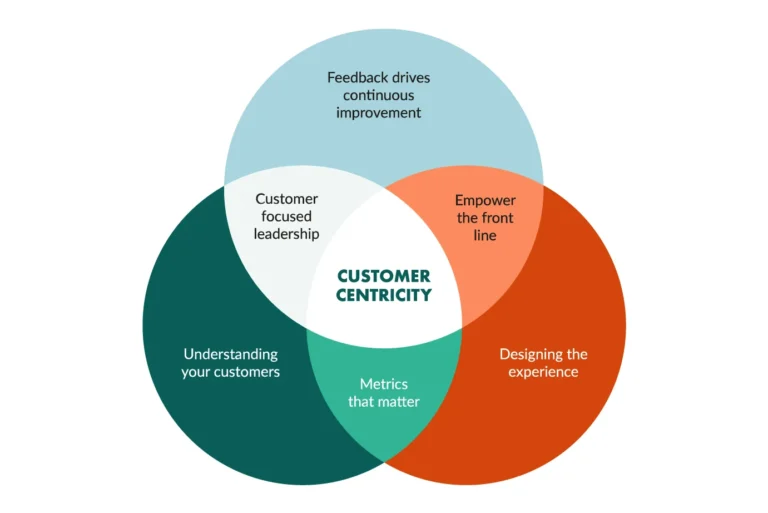The Importance of Adaptability in the Workplace: Skills, Benefits, and Tips
In today’s rapidly evolving work environment, adaptability has become one of the most crucial skills for success. The ability to adjust to new situations, learn from changes, and embrace new challenges is essential for both individuals and organizations. The types of adaptability skills include cognitive, emotional, and personality-based skills.
This comprehensive guide explores what adaptability means in the workplace, the skills required, the benefits, and practical strategies to develop and improve adaptability. Adaptability skills are increasingly recognized as core competencies in business, essential for navigating the complexities of today’s ever-evolving professional landscape.
Understanding Adaptability
What is Adaptability?
Adaptability is the capacity to be flexible and adjust to new conditions, environments, or situations. In the workplace, this means responding effectively to changes and new demands, whether they arise from shifts in business priorities, technological advancements, or organizational restructuring.
Adaptability in the Workplace
Workplace adaptability involves employees and businesses efficiently adjusting to different scenarios and challenges. It encompasses more than just flexibility; it includes having the right skill sets, frameworks, and processes to respond quickly to changes. This might involve adopting new work approaches, embracing new roles, or managing new clients and projects.
Key Adaptability Skills
Communication Skills
Effective communication is vital for adaptability. This includes both expressing oneself clearly and actively listening to others. During transitions or changes, seeking clarification and additional information demonstrates a willingness to learn and adapt.
Interpersonal Skills
Building strong relationships with colleagues helps in navigating changes smoothly. Effective interaction with others reduces conflicts and miscommunications, making it easier to adjust to new situations.
Problem-Solving Skills
Adapting to change often involves solving new and unexpected problems. Strong problem-solving skills enable individuals to tackle challenges creatively and find effective solutions.
Teamwork Skills
Collaboration is key to adapting in a dynamic work environment. Teamwork skills allow individuals to work effectively with diverse teams, leveraging different perspectives and experiences to meet new challenges.
Creative and Strategic Thinking
Adaptability requires innovative thinking to develop new ideas and strategies. This helps in approaching challenging projects or environments with a fresh perspective and finding the best possible solutions.
Organizational Skills
Staying organized is crucial for maintaining productivity during transitions. Organizational skills include managing time effectively, keeping workspaces orderly, and being prepared for changes.
Benefits of Adaptability in the Workplace
Embracing Change and Challenges
Being adaptable prepares individuals to handle changes and challenges efficiently. It fosters a proactive attitude towards new opportunities and unexpected situations.
Building Resilience
Adaptable individuals are resilient, able to bounce back from setbacks and stay focused on their goals. This resilience is crucial for maintaining productivity and motivation.
Enhancing Productivity
Adaptability reduces stress and worry, allowing individuals to focus on completing tasks and projects. This leads to increased productivity and efficiency.
Standing Out
Adaptable employees are often seen as valuable assets. Their ability to think quickly, solve problems, and collaborate effectively makes them stand out, leading to potential promotions and rewards.
Leadership Development
Adaptable individuals can evolve into effective leaders, guiding their teams through changes and challenges. They communicate well and understand their team members’ strengths and weaknesses.
Developing Adaptability Skills
Confidence and Openness to Improvement
Self-awareness and confidence are essential for adaptability. Understanding one’s strengths and areas for improvement drives positive behavior changes.
Growth Mindset
A growth mindset involves being open to learning and trying new things. This mindset helps individuals approach new challenges positively and find opportunities for growth.
Challenging Tradition
Being willing to try new methods and challenge established processes fosters adaptability. This approach encourages innovation and flexibility.
Staying Informed
Keeping up with changes in the industry, workplace, and environment helps individuals stay prepared for new developments. This reduces the learning curve when adopting new tools or processes.
Embracing Change
Accepting that change is inevitable helps individuals become more adaptable. Embracing challenges and practicing resilience builds confidence and adaptability.
Using Adaptability Tools
Leveraging tools such as project management software, training platforms, and digital adoption tools can facilitate adaptability. These tools help streamline processes and support continuous learning.
Practicing Mindfulness
Mindfulness involves staying present and focused, reducing anxiety about change. This calm approach allows for thoughtful and flexible responses to new situations.
Personal Development
Continuous personal development, such as learning new skills and seeking feedback, enhances adaptability. This ongoing growth ensures individuals are prepared for new challenges and opportunities.
Setting Goals
Setting personal and professional goals pushes individuals out of their comfort zones, preparing them for new experiences and outcomes.
Seeking Feedback
Requesting and accepting feedback helps individuals identify areas for improvement and adjust their approaches. Constructive feedback is essential for continuous growth.
Real-Life Examples of Adaptability
Agile Project Management
A software development team faces unexpected client feedback. Instead of sticking to the initial plan, they adapt by reorganizing tasks and prioritizing feedback, successfully delivering the project on time.
Remote Work Transition
During the COVID-19 pandemic, companies had to transition to remote work. Adaptable employees embraced virtual collaboration tools and maintained productivity, showcasing their ability to thrive in a changing environment.
Leadership Changes
A company undergoes a leadership change. Adaptable employees proactively engage with new leaders, adjust to evolving strategies, and contribute to a smooth transition.
Market Trends Shift
A marketing team notices a shift towards sustainable products. They adapt their strategies to promote eco-friendly products, capturing changing market sentiment and achieving success.
Technology Integration
A manufacturing company adopts new automation technology. Flexible workers receive training and actively participate in implementation, demonstrating their ability to incorporate new technologies for improved productivity.
Tips for Highlighting Adaptability Skills
On Your Resume
Highlight adaptability skills by mentioning instances where you successfully navigated changes, learned new skills, or solved problems. Emphasize your ability to collaborate, communicate, and lead.
In an Interview
Discuss specific examples of adaptability, such as handling unexpected changes, learning new technologies quickly, and adjusting to new team dynamics. Provide concrete examples of how you used these skills to achieve positive outcomes.
Conclusion
Adaptability is a crucial skill in today’s dynamic workplace. It enables individuals to embrace change, solve problems, collaborate effectively, and stay resilient. Developing adaptability skills involves continuous learning, practicing mindfulness, and seeking feedback. By fostering these skills, individuals can thrive in their careers, contribute to their organizations’ success, and navigate the ever-changing professional landscape with confidence.






